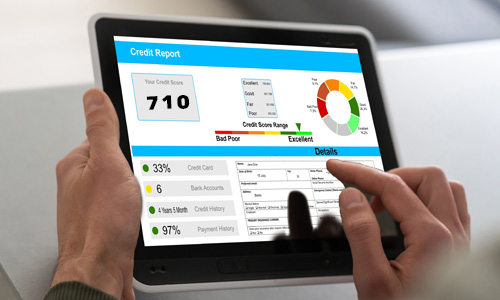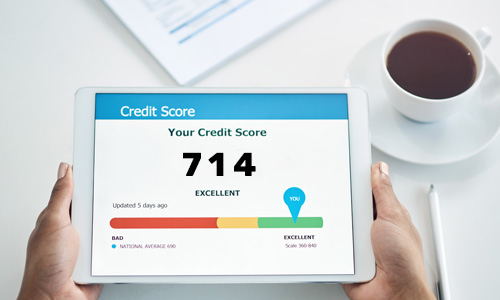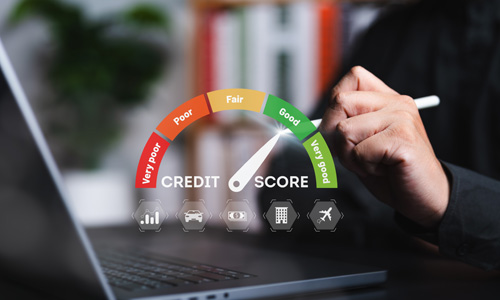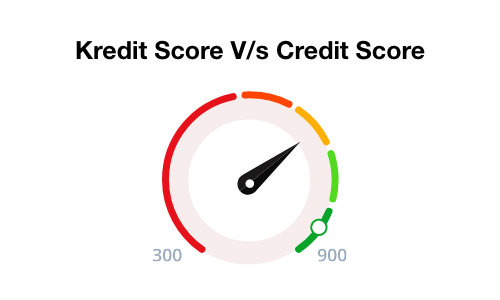What happens if you only pay the minimum amount on your credit card?
The minimum amount due for your credit card is a nominal figure that you have to pay every month to keep using your card and save yourself from any negative impact on your credit profile. Paying this amount will reflect as "on time" on the credit report, which is the main agenda here. Apart from that, it helps you to avoid late fees and other penalties.
Now, associated with this, one thing that you should be aware of is the effects of credit card minimum payment on credit score.
Paying the minimum amount on your credit card means paying more interest
If you decide to pay the minimum amount on your credit card, apparently, you will end up with more money in your hands. But, over time, you will end up paying way more than what you were supposed to pay, i.e., the original balance. Moreover, with minimum payments, you will remain in a financial obligation for much longer. This is because a mere percentage of the minimum payment goes toward the principal payment of the outstanding balance. Then, the remaining amount goes towards the fees and accrued interest.
How to know the minimum payment amount on my card?
If you want to find out the minimum payment amount of your credit card, the most uncomplicated process is to go through the physical credit card bill. Otherwise, you can also find it by logging in to your online credit card account and viewing the current account statements.
You can also get in touch with your bank over the phone and get information regarding the monthly credit card minimum payment amount. You must check the statements thoroughly to find the exact amount. However, it is worth considering that the minimum amount may vary from month to month, depending upon your balance, missed payments, late payment fees, and other penalties.
Moving ahead, credit card minimum payments are calculated depending on your monthly balance and the interest rate. It is either calculated as a set amount or as a percentage of the outstanding balance, generally between 1% and 3%. Therefore, it is essential to understand this policy of your credit card issuer, as it might change from one organisation to another.
Understand the consequences of credit card minimum payment on credit score
Credit bureaus use information like your credit utilisation ratio, credit history, and payment history to calculate your credit Score. If you want your score to be in a good position, you must keep your credit utilisation ratio as low as possible and pay your dues regularly.
Now, applying this in the context of credit cards, they come with a certain upper limit, and if you keep the total utilisation low, it will only benefit you. Your credit utilisation ratio will remain low. Moreover, if you keep paying your dues on time, it will also show up on your credit report and help you maintain your credit score.
Now, if you keep paying the minimum amount, it will have two effects –
- Firstly, your credit utilisation ratio will not go down significantly, as you are only paying a small portion of the total due.
- Secondly, it will appear on your credit report as "on time", but you will still carry significant debt. So, if you apply for credit, the lenders may reject your application based on the fact that you are not a capable borrower as you are not managing to close your credit card dues and barely making up for it.
So, paying the minimum due amount may not affect your credit score at this moment, but it will lower this score going forward.
What happens if I can't pay off the full balance every month?
Now, in case you cannot pay the total dues every month, it will reflect negatively on your credit profile. However, using the minimum payment method will enable you to resolve this issue to a large extent. Having said that, as a credit card user, your target should be to clear the entire due amount every month to keep your credit utilisation ratio low, stop paying more interest and elevate your credit score as much as possible.
To sum up, the initial impact of credit card minimum payment on credit score is minimal, but if it continues, it does not reflect well on you as a borrower. So, make sure you use your credit card judiciously and clear the dues every month to avoid any issues in the future.
| Credit Score for different types of Loan | |||
|---|---|---|---|
| Credit Score for Personal Loan | Credit Score for House Loan | Credit Score for Car Loan | Credit Score for Student Loan |

More From Credit Score
- Recent Articles
- Popular Articles












